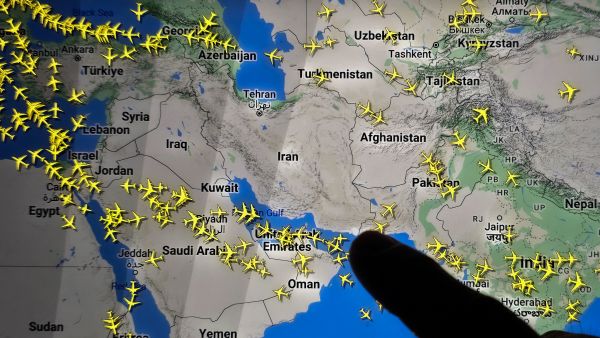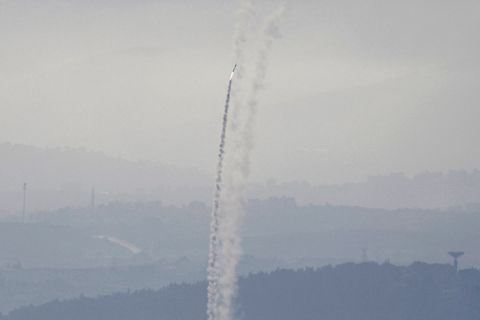ALBAWABA- Iran will shut its western and central airspace to passenger aircraft starting Thursday, the country’s transportation ministry announced, reversing a brief reopening following a ceasefire with Israel.
Ministry spokesman Majid Akhavan said Iran’s civil aviation coordination committee ordered the closure, citing "security and safety concerns." The decision comes just days after Tehran allowed international transit flights to resume over those regions.
“Only the eastern half of the country’s airspace remains open to domestic, international, and transit flights,” Akhavan said.
He confirmed that major airports, including Tehran's Mehrabad and Imam Khomeini airports, will stay closed, with flight cancellations extended until 14:00 local time on Thursday.
Iran had partially reopened its skies on June 25, one day after a ceasefire was declared, to facilitate international flights and the return of tens of thousands of Iranian pilgrims stranded in Saudi Arabia after Hajj.
The sudden reversal raises new concerns amid fears that Israel may violate the ceasefire. Speculation is mounting that renewed Israeli attacks could target Iranian territory, possibly in retaliation for reported damage to its nuclear facilities.
Tensions are further heightened ahead of Israeli Prime Minister Benjamin Netanyahu’s upcoming visit to Washington. U.S. President Donald Trump has framed the meeting as a "celebration" of Israeli attacks on Iran. Meanwhile, Israeli officials have issued threats of further strikes.
In response to the escalating situation, Iran has suspended cooperation with the International Atomic Energy Agency (IAEA), a move ratified by President Masoud Pezeshkian and the Iranian parliament.
Tehran has accused the IAEA of failing to protect its nuclear facilities and playing a "negative role" in the crisis.









![Turkish series "Ask-ı Memnu" [Forbidden Love]. Turkish series "Ask-ı Memnu" [Forbidden Love].](/sites/default/files/styles/d02_traditional/public/2026-02/%D8%A3%D8%A8%D8%B7%D8%A7%D9%84-%D9%85%D8%B3%D9%84%D8%B3%D9%84-%D8%A7%D9%84%D8%B9%D8%B4%D9%82-%D8%A7%D9%84%D9%85%D9%85%D9%86%D9%88%D8%B9.jpg?h=c673cd1c&itok=nhq8-5rH)

